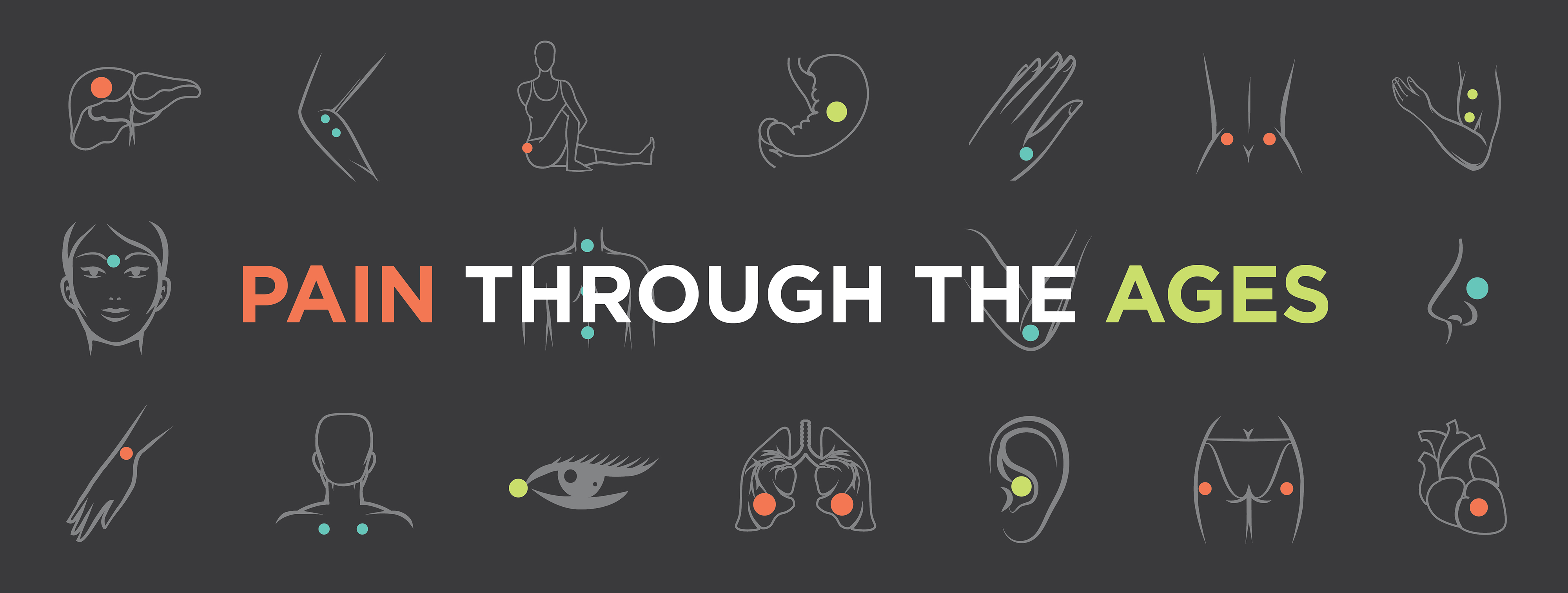
Series
Pain Through the Ages
A group of UConn researchers would like to eliminate chronic pain. That’s why the School of Nursing, in collaboration with UConn Health and Connecticut Children’s Medical Center, has formed the new Center for Advancement in Managing Pain. Working together, individuals in fields as diverse as nursing, genetics, gerontology, pharmacology, kinesiology, and pediatrics are focused on finding answers. Their goal? Helping people of all ages return to healthy lifestyles … pain free.
Sorry, but this archive currently has no entries.